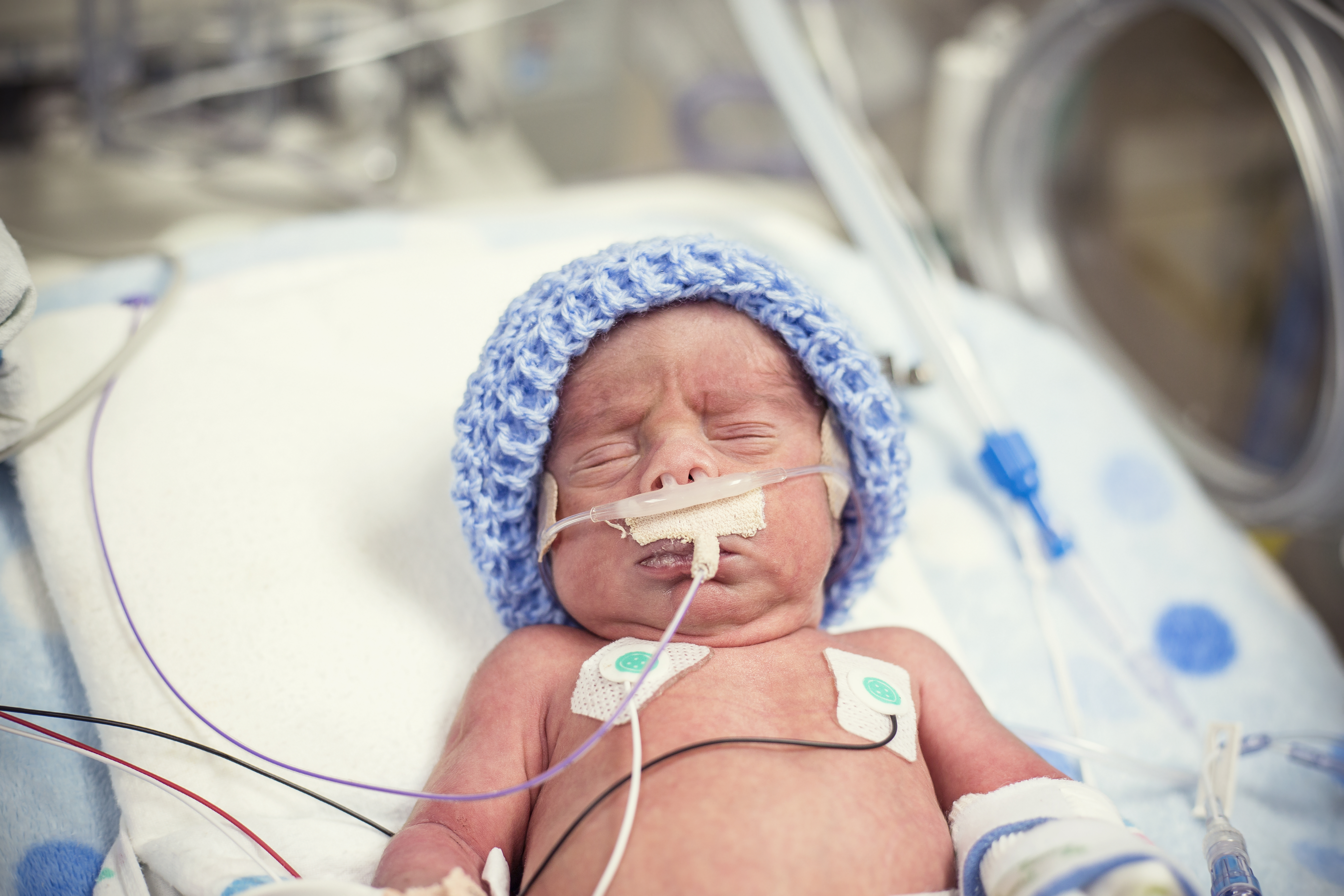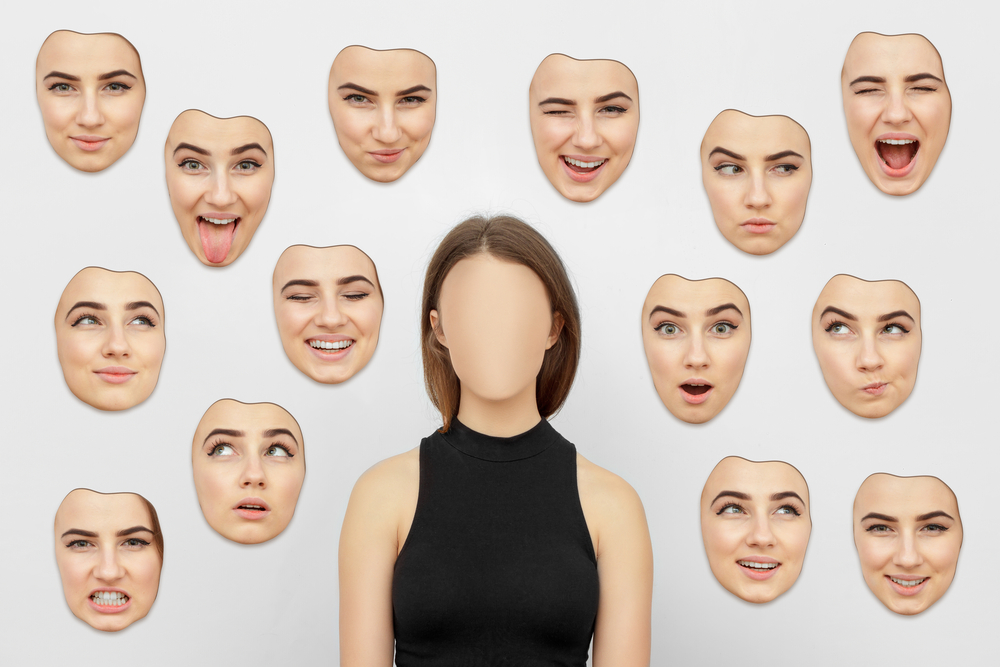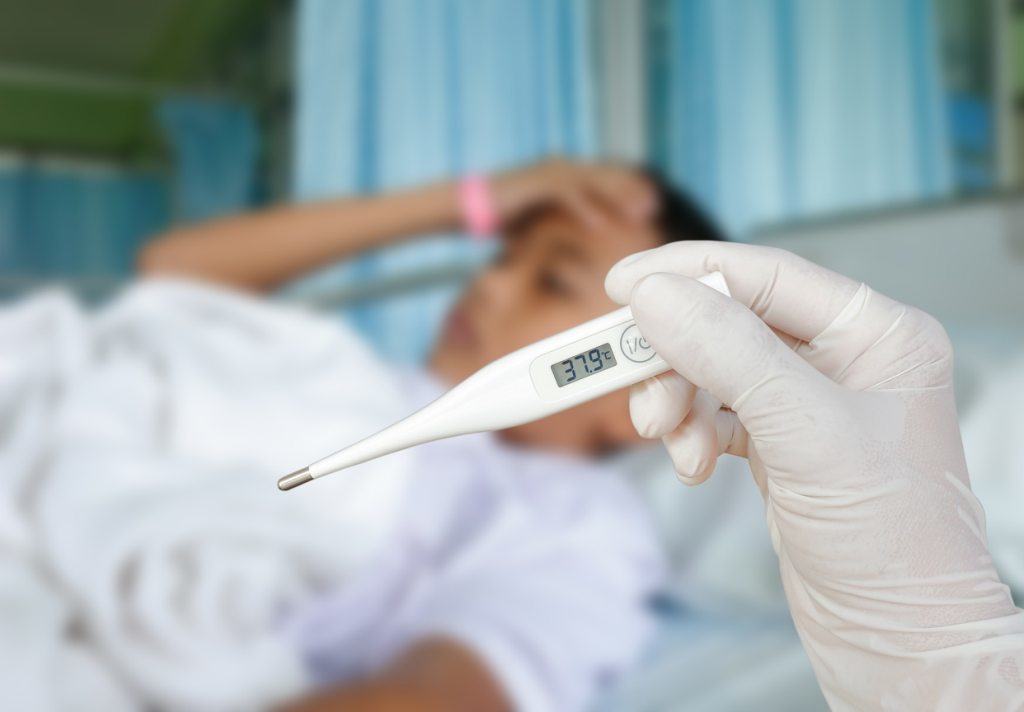Contents:
- Medical Video: 5 common signs of Blood Clots
- The types of people who are at risk with blood clots
- 1. People who are obese
- 2. Smokers
- 3. Pregnant woman
- 4. Women taking birth control pills
- 5. People who have certain diseases
- 6. People who rarely move
- 7. Heredity factors
- 8. People who have had blood clots before
Medical Video: 5 common signs of Blood Clots
Blood clots (frozen blood) are actually not always bad. Because, when the body is injured and bleeding, then blood clots can stop bleeding and begin the healing process. However, blood clots that are formed not as they should, can cause problems. Who are at risk for frozen blood? Consider the following review.
The types of people who are at risk with blood clots
A dangerous blood clot can block blood to the brain and cause a stroke. When frozen blood stops blood flow to the heart, it causes a heart attack. In addition, there is a disease deep in thrombosis or deep venous thrombosis (DVT) due to the formation of blood clots in the legs, if left untreated it can attack the lungs. This condition is called pulmonary embolism. There are some people who are very vulnerable to blood clots, namely:
1. People who are obese
Obese people are at risk of developing blood clots. This is because obese people are usually less active to move. Prolonged lack of motion allows blood to accumulate. To increase gesture activity, it is necessary to exercise. Besides moving, exercise can also lose weight.
2. Smokers
Smoking not only affects the lungs but also affects blood vessels. This is because cigarettes damage the lining of blood vessels and make the blood tend to stick and eventually thicken and clot. To prevent this from happening, stop smoking and stay away from cigarette smoke.
3. Pregnant woman
Pregnant women are prone to having blood clots. This happens because the fetus in the stomach presses the blood vessels in the stomach and pelvis. Finally it blocks blood flow directly and causes blood clots.
4. Women taking birth control pills
The use of birth control pills that have a high estrogen content can cause DVT. Estrogen changes the composition of the blood and makes it more likely to clot. However, nowadays many birth control pills that have been reduced by estrogen doses do not even contain estrogen at all. If you take this kind of medicine, you need to do an examination of blood clots.
5. People who have certain diseases
Some types of diseases can cause clots in the blood, such as:
- Cancer (including brain cancer, ovarian cancer, pancreatic cancer, colon cancer, lung cancer, and kidney cancer)
- Diabetes
- HIV / AIDS
- Crohn's disease
Professor Mark Whitely, founder of the Whitely Clinic and one of the lecturers at Oxford University, said that blood clots could occur especially during abdominal surgery. This is caused by dehydration and is still under the influence of drugs. Dehydration can increase blood viscosity. In addition, surgery also puts direct pressure on the blood vessels.
6. People who rarely move
Many things that make us do not move for a long time. For example being on a plane, being seriously ill, having a sedentary lifestyle (lazy motion), and others. The oxygen level in the blood is low and starts to thicken and clot.
To avoid clumping, you should avoid caffeinated drinks and drink plenty of water. You can change position or move your legs.
7. Heredity factors
If one of your family has a problem with a blood problem, that is, blood easily clots, you are most likely also at risk of experiencing the same thing. This can also be caused because the protein that is supposed to destroy the blood clot does not function normally. You may need to test first to find out whether you inherited this congenital disorder or not.
8. People who have had blood clots before
If you have a history of blood clots before, then most likely this will happen again. If you don't want this to happen again, avoid all things that can trigger your blood to clot. For example, stop smoking, maintain a diet, and maintain blood sugar levels.
Diagnosing the occurrence of blood clots is not easy to do. If your feet are swollen, short of breath, or chest pain, consult your doctor immediately. Usually you will be recommended to do a noninvasive ultrasound, this test will show a picture of blood vessels and help the doctor make a diagnosis and determine what causes it so that you get the right treatment.













